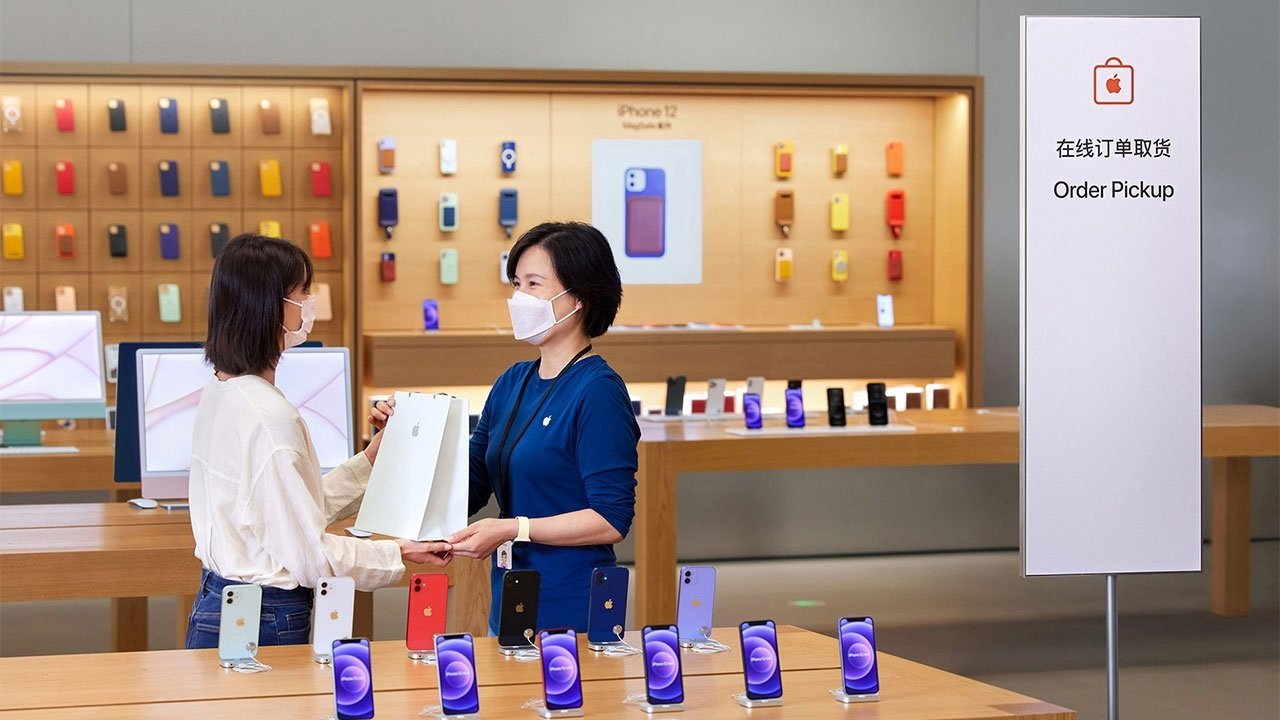To bring Apple Intelligence to its second-largest smartphone market, Apple is going to have to sign deals with local providers, but so far has had no luck.
When Apple announced the new AI-based technology at its June 2024 WWDC event, it noted that the rollout would take place over the remainder of 2024, and initially only be available in US English.
Localization into other languages and conforming to regional legal requirements will be a challenge for Apple that is likely to delay international rollouts until early 2025. China, however, poses a unique set of regulatory hurdles.
Apple has been said to be looking for a China-based partner to help smooth the regulatory path. The company is thought to currently be in discussions with potential partners such as search-engine company Baidu, and e-commerce powerhouse Alibaba Group as potential partners, according to The Wall Street Journal.
This is due to restrictions in China around both AI offerings as well as requirement that Chinese data be hosted on Chinese servers. Apple had hoped to win approval of its own Large Language Model (LLM) and OpenAI partnership used by Siri, ChatGPT, and Apple Intelligence, but Chinese officials indicated that the company would have to use one of the already-approved LLMs from Chinese companies instead.
Rumors have claimed that a deal with Baidu had already been agreed on. This was later denied, and talks appear to be ongoing.
Apple is also struggling in the Chinese market due to these state-approved advantages for Chinese smartphone makers. Huawei and Xiaomi have already incorporated AI features into their smartphones, which are available now
As a result, the two companies have since become the top-selling brands in China. Although Apple's iPhone market share has only fallen from 18 percent to 16 percent, this puts Apple in third place in China.
With the new iPhone 16 expected to debut in the fall, Apple hopes to establish local partnerships and win government approval in time to bring at least some of its Apple Intelligence features to the new model. Although it struggles against local competition, the iPhone is still the most popular foreign brand smartphone available in China.
 Charles Martin
Charles Martin







-m.jpg)






 Marko Zivkovic
Marko Zivkovic
 Christine McKee
Christine McKee
 Andrew Orr
Andrew Orr
 Andrew O'Hara
Andrew O'Hara
 William Gallagher
William Gallagher

 Mike Wuerthele
Mike Wuerthele
 Bon Adamson
Bon Adamson


-m.jpg)



4 Comments
There is no rush to bring Apple Intelligence into China just introduce it into America, Canada, Australia, New Zealand, the UK, Japan, South Korea, Singapore, and any other country in the first or second third world outside of China or the EU that will accept it and the same applies with anything else done in the future where various countries want Apple to fork their software and hardware for their benefit.
It was good while it lasted now in all probability Apple in the future is gonna have to design more regionalized devices for the EU or China in order to sell their products. Most other purveyors of consumer goods in the world have to design their products to the local markets Apple should also do so and just tack on the price for doing so in that market and move on.
However anything that goes against the core vertical computer software/hardware way of doing business that makes Apple who they are, the Apple Intelligence software functionally should be left out. If the all the best products that Apple makes only makes it to the native English-speaking countries no problem a tech delay/time lapse already exists anyway.
Having the best Apple intelligence software and hardware only available in the United States and the English speaking world so what? The rest of the world has high speed rail and America at this time doesn’t note how the rest of the went forward and Apple should just return the flavor.
The tech behind AI or Apple Intelligence will move forward irregardless of what the EU or China want similar to the world and High Speed Rail America was left at the station.
Both EU and China in the end will want Apple technology sharing, in short their native AI companies given a leg up to look the other way Mistral pastries or the Chinese version anyone?
I’m eager to see for myself what benefits Apple Intelligence actually brings to my personal life before getting too excited about it. Unfortunately my less than two year old iPhone 14 Pro Max isn’t getting all the bells and whistles of Apple Intelligence so I’ll be watching from the sidelines for a while.